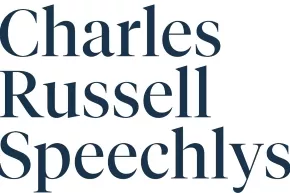- within Wealth Management topic(s)
- in European Union
- within Wealth Management topic(s)
- in European Union
- in European Union
- in European Union
- in European Union
- within Wealth Management, Criminal Law and Real Estate and Construction topic(s)
The Dubai International Financial Centre Courts hear claims brought by employees within the DIFC, Dubai's financial free zone. On 9 October 2025, the DIFC Chief Justice introduced a new Practice Direction (No. 1 of 2025) with the stated aim of enhancing access to justice in employment-related disputes, recognizing the need for a proportionate, fair, and efficient procedural framework within the DIFC Courts.
Waiver and Reduction of Court Fees in Employment Disputes
The Registrar has a new power to exercise discretion, upon application by the employee, to waive or reduce the filing fees payable in any employment claim, having regard to the claimant's financial means; the complexity and merits of the claim; and the interests of justice. The Registrar may, in appropriate cases, impose a maximum fee cap to ensure proportionality, and the installment payment of fees may be permitted where the claimant demonstrates financial hardship.
Adverse Costs Orders
The Practice Direction introduces a new general rule that, in employment disputes, each party will bear its own legal costs. This is a substantial change to the allocation of costs in disputes before the Court of First Instance (it is already the rule in disputes before the Small Claims Tribunal). The Court retains the power, in its discretion, to make an adverse costs order where a party has brought or conducted proceedings unreasonably; a party has acted vexatiously or in bad faith; or it is otherwise in the interests of justice to do so. Any such adverse costs order must be proportionate and accompanied by reasons.
Confidentiality of Employment Proceedings
Employment proceedings before the CFI shall, by default, be conducted in private, again applying to the CFI a rule used in the SCT. The Court may, upon application or of its own motion, lift confidentiality where it is necessary in the interests of justice, including but not limited to factors such as public accountability; avoiding prejudice to third parties; or preventing abuse of process. Final judgments may be published in anonymized form unless the Court determines that full publication is warranted.
The content of this article is intended to provide a general guide to the subject matter. Specialist advice should be sought about your specific circumstances.
[View Source]

